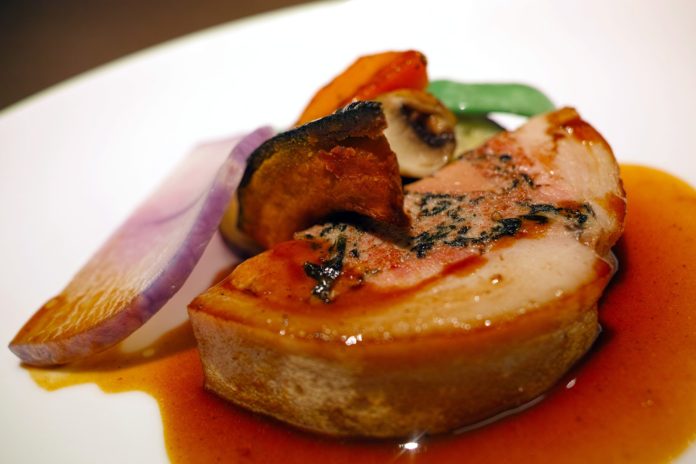Don’t expect to find any foie gras when dining at Buckingham Palace.
The French dish may be a delicacy, but it is also rather controversial due to how it is prepared. Made from the liver of a duck or goose, the birds are usually force-fed to enlarge the organ, in a practice known as gavage.
In light of the ill-humane treatment, foie gras was banned from the royal residence in 2011, and that policy will remain in place with a new monarch on the throne. Following the passing of Queen Elizabeth II in September, her son, Charles, ascended the throne and is now King Charles III.
During his time as Prince of Wales, Charles outlawed foie gras at his homes as far back as 2008. He was said to even consider withdrawing a Royal Warrant from a particular cheese shop after discovering that they sold the delicacy.
Now that he is officially head of the monarchy, King Charles has chosen to prohibit foie gras at all royal residence, as communicated to People for the Ethical Treatment of Animals (PETA).
“There are no plans for this policy to change,” declared the Palace.
In a show of gratitude, PETA sent the royal a hamper of vegan “faux gras” made by renowned chef Alexis Gauthier.
“PETA encourages everyone to follow the king’s lead and leave foie gras off the menu this Christmas and beyond,” the organization stated.






